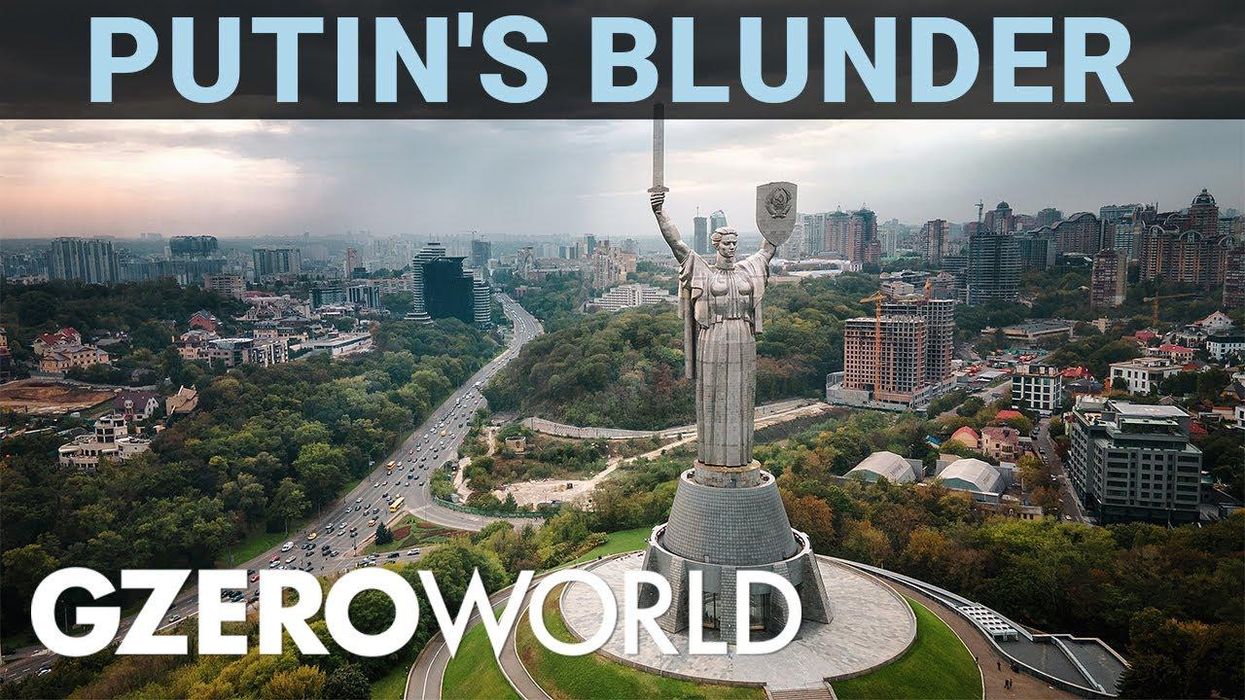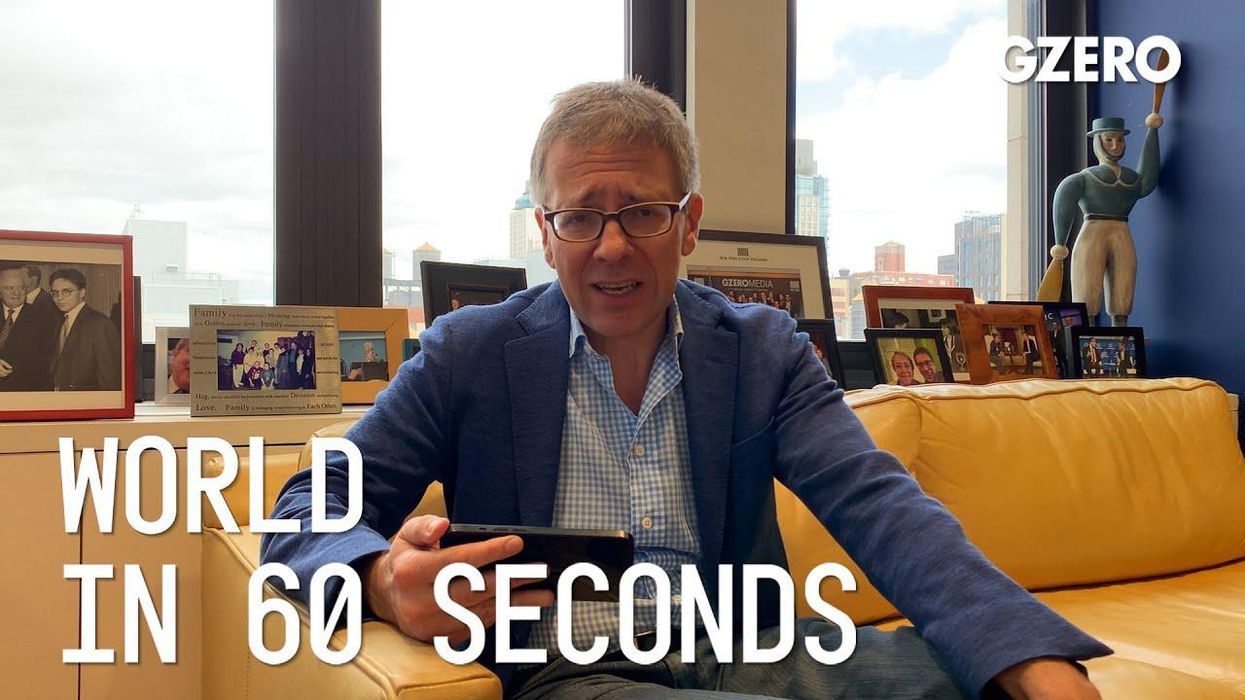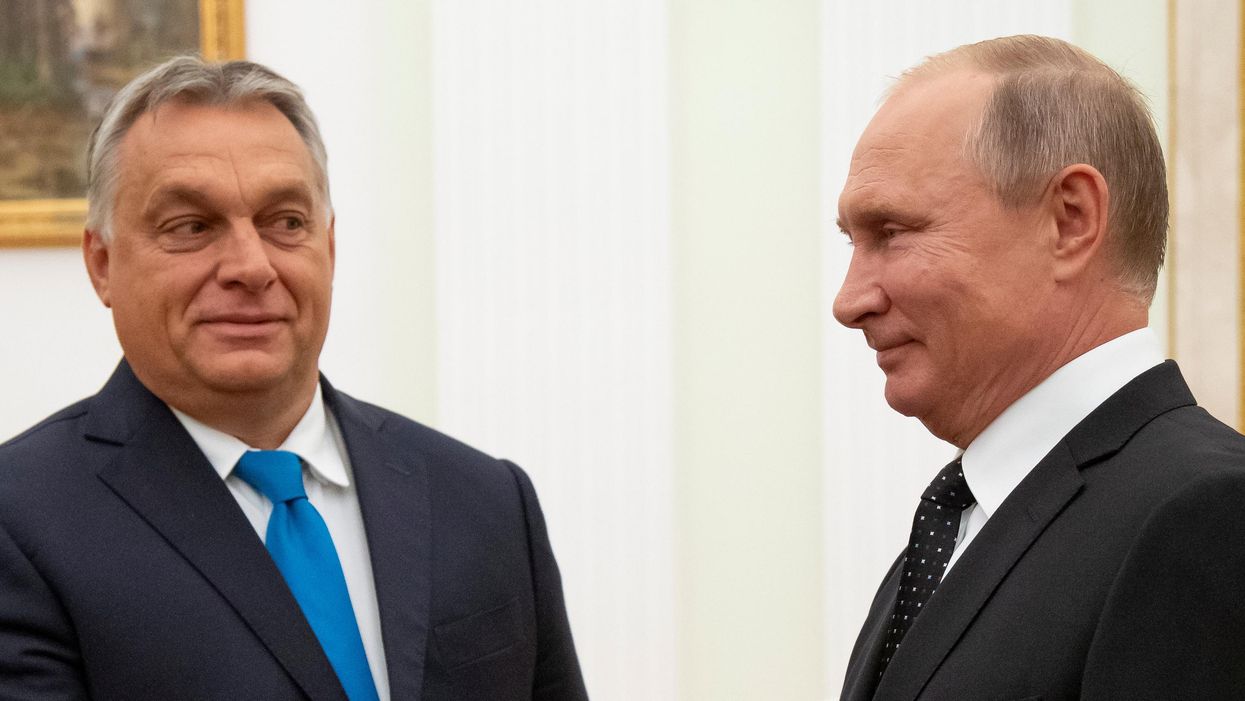GZERO World Clips
Surprise, Vladimir Putin: Why Ukrainians resisted Russian "liberation"
Vladimir Putin has made many mistakes in Ukraine, but for political scientist Ivan Krastev, the biggest one was thinking Ukrainians would welcome the Russian invasion. Perhaps he expected it would be like when he annexed Crimea, but Ukraine clearly did not want to be "liberated," Krastev tells Ian Bremmer on GZERO World.
May 07, 2022



